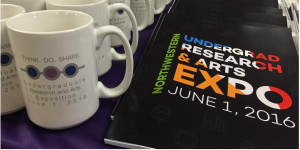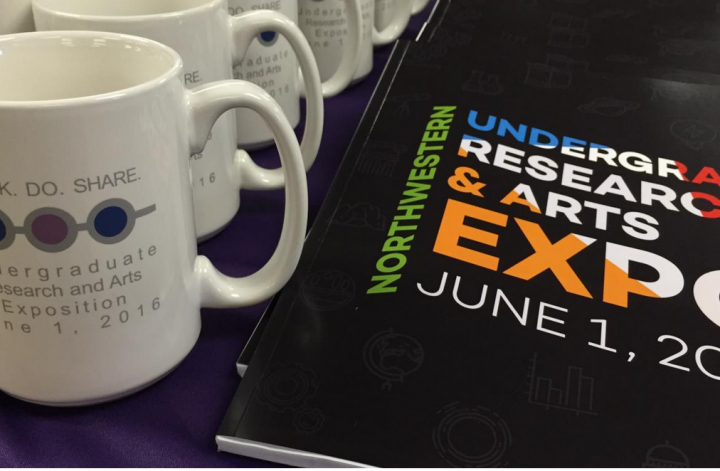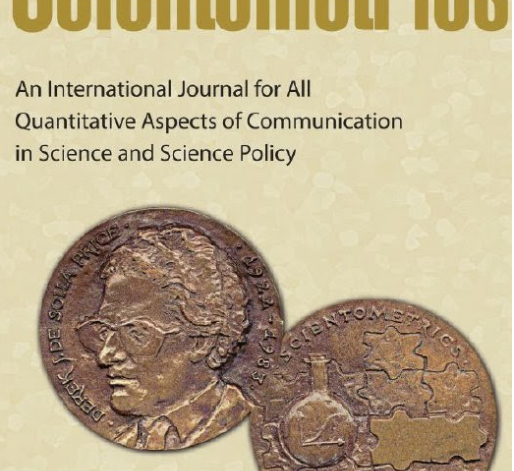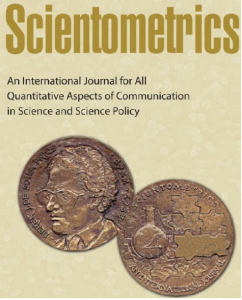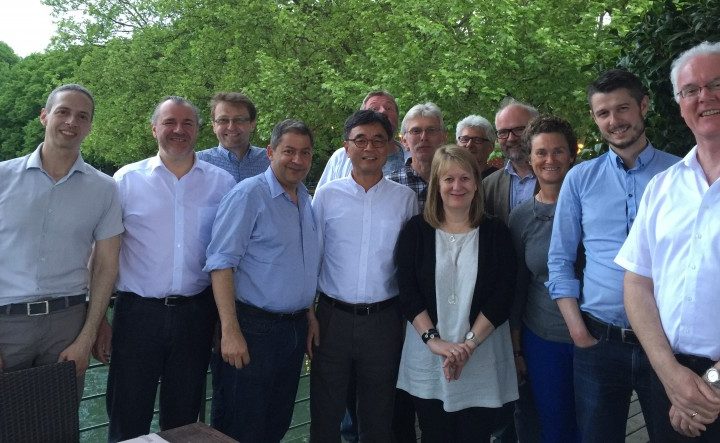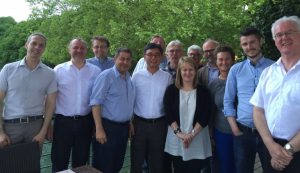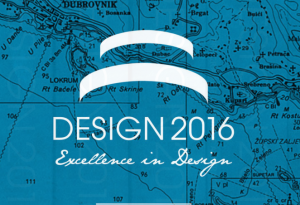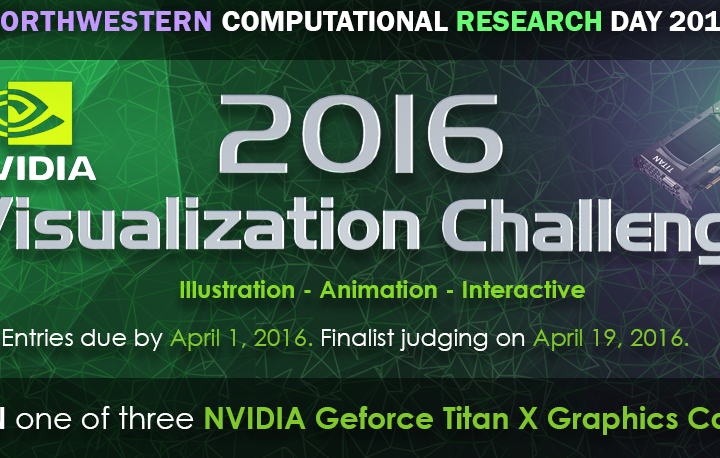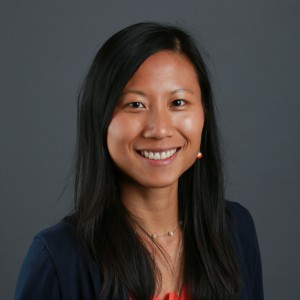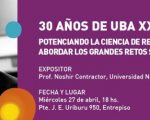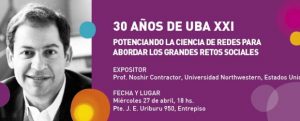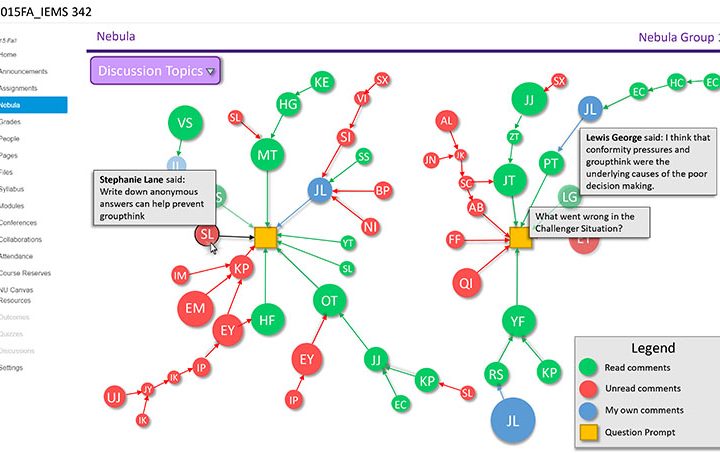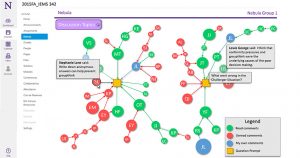Noshir Contractor gave the keynote address at the University of Colorado, Denver’s 4th Annual Network Leadership Training Academy, titled “Building and Leveraging Powerful Social Networks”. Click here for a link to the event page.
Description:
The Network Leadership Training Academy (NLTA) is a place where network leaders gather to learn, share ideas, and develop skills for engaging in the “network way of working.” This 3-day workshop, hosted by the University of Colorado Denver’s Center on Collaborative Governance, is focused on building, managing, and evaluating effective networks. Many people today are deeply involved in the network way of working, but are struggling to find tools and a place to build skills and a community for this new way of connecting across boundaries. This interactive workshop is based on the premise that everyone involved in a network requires network leadership skills in order to be an active, effective member of a collaborative network. he agenda for the 2016 NLTA is packed full of opportunities for attendees to share and learn from each other’s experiences and skills, as well as research and tools to translate back to practice. Our keynote address on Building and Leveraging Powerful Social Networks features Dr. Noshir Contractor, Professor at Northwestern University and Director of the Science of Networks in Communities (SONIC) research center. He will share his work on investigating factors that lead to the formation, maintenance, and dissolution of dynamically linked social and knowledge networks in a wide variety of contexts. Large group sessions will be led by NLTA core trainers who are recognized for their contributions to network science research. Session topics include: · Managing Networks, Brint Milward, Ph.D, University of Arizona · Network Way of Working: Building a Network Culture, Janice Popp, MSW, RSW, University of Calgary · Affective Contagion in Networks: Evaluating Process Quality, Darrin Hicks, PhD, University of Denver · Evaluating Networks as Systems, Danielle Varda, PhD, University of Colorado Denver Other session topics include: Networks 101, Using PARTNER’s Social Network Analysis Tool to Evaluate your Networks, Networks as Policy Tools: “Network Nuggets” from Research and Practice, Facilitation Skills, Conflict Training, and Collective Impact.
